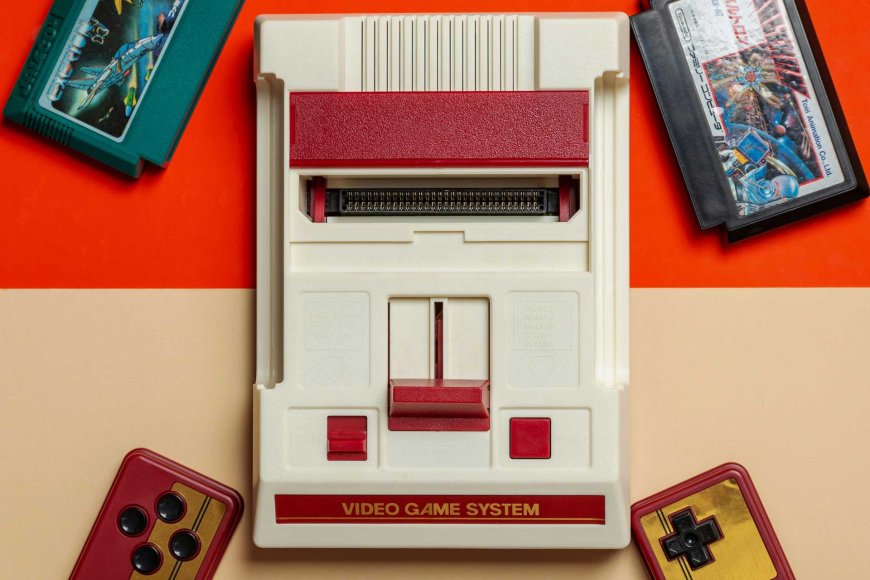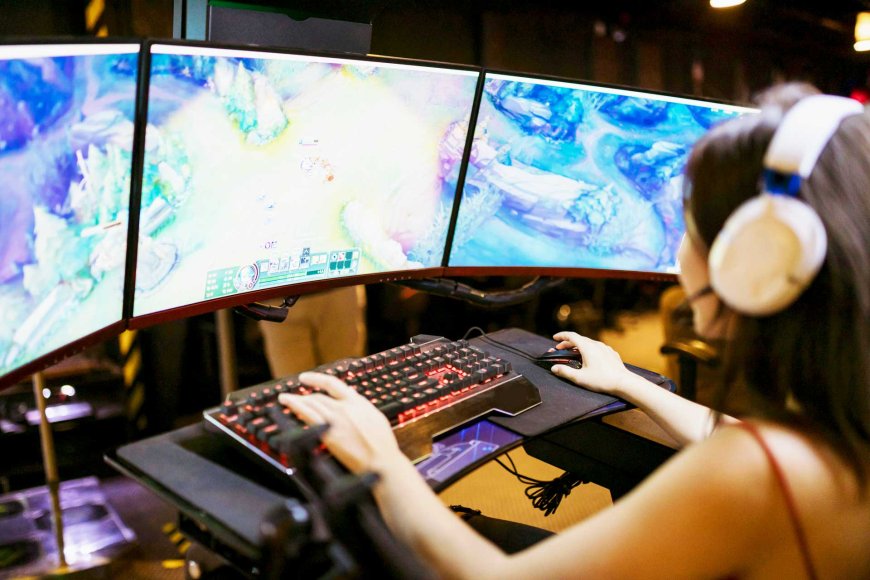The Legacy and Future of Japanese Video Games
Japan's impact on the global video game industry is nothing short of legendary. From iconic franchises to cutting-edge technology, the nation's gaming culture continues to captivate and innovate.

The Rich History of Video Games in Japan
Japan has long been regarded as the birthplace of some of the most iconic video game franchises in history. From Nintendo's "Super Mario" to Sega's "Sonic the Hedgehog," the country has been a driving force in the global gaming industry. These characters have not only entertained generations of gamers but have also become cultural icons, influencing various forms of media and merchandise. The early days of video gaming in Japan were marked by innovation and creativity, setting the stage for a thriving industry that would dominate the world market.

The Golden Age of Arcades
The 1980s and 1990s are often referred to as the golden age of arcades in Japan. During this period, arcades were bustling with activity, filled with rows of cabinets offering a variety of games from fighting to racing. Games like "Street Fighter II," "Virtua Fighter," and "Dance Dance Revolution" became sensations, drawing in crowds of enthusiasts. Arcades were not just places to play games; they were social hubs where people could compete, interact, and share their love for gaming. This era also saw the rise of competitive gaming, with tournaments and events that helped shape the future of esports.

The Rise of Home Consoles
As technology advanced, home consoles began to gain popularity, allowing gamers to enjoy their favorite titles from the comfort of their living rooms. Nintendo's NES (Famicom in Japan) and later the Super NES revolutionized the gaming landscape with titles like "The Legend of Zelda" and "Metroid." Sega also made a significant impact with its Genesis (Mega Drive in Japan) and the "Sonic" series. Sony entered the scene with the PlayStation, introducing groundbreaking games like "Final Fantasy VII" and "Metal Gear Solid." These consoles not only provided entertainment but also pushed the boundaries of storytelling and game design.

The Impact of Mobile Gaming
In the early 2000s, mobile gaming began to take off in Japan, driven by the widespread use of feature phones and later smartphones. Games like "Puzzle & Dragons" and "Monster Strike" became immensely popular, tapping into the casual gaming market. The success of mobile games in Japan can be attributed to the country's high mobile penetration rate and a culture that embraces gaming on the go. Mobile gaming has also led to the rise of gacha mechanics, where players spend money to receive random in-game items, a model that has been both lucrative and controversial.

The Evolution of Japanese RPGs
Japanese Role-Playing Games (JRPGs) have been a cornerstone of the gaming industry, with franchises like "Final Fantasy," "Dragon Quest," and "Persona" captivating audiences worldwide. These games are known for their rich narratives, complex characters, and intricate battle systems. Over the years, JRPGs have evolved, incorporating more open-world elements, real-time combat, and branching storylines. This evolution has kept the genre fresh and relevant, appealing to both long-time fans and new players.

The Role of Independent Developers
In recent years, the rise of independent developers in Japan has added a new dimension to the gaming industry. Indie games like "Undertale," "Katana Zero," and "Celeste" have garnered critical acclaim for their creativity and innovation. These developers often tackle niche genres and experimental gameplay, offering experiences that differ from mainstream titles. The indie scene in Japan is vibrant and growing, supported by events like BitSummit, which showcases the work of independent game makers and connects them with international audiences.

The Future of Gaming in Japan
Looking ahead, the future of gaming in Japan appears bright. With advancements in virtual reality (VR), augmented reality (AR), and artificial intelligence (AI), the possibilities for new and immersive gaming experiences are endless. Japanese companies are at the forefront of these technologies, exploring ways to enhance player interaction and engagement. Additionally, the growing popularity of esports in Japan is likely to drive further investment and innovation in the industry. As gaming continues to evolve, Japan's rich history and culture will undoubtedly play a significant role in shaping its future.

Find Cheap Flight Tickets to any Destinations in Japan and the Philippines
Nipino.com is committed to providing you with accurate and genuine content. Let us know your opinion by clicking HERE.































































